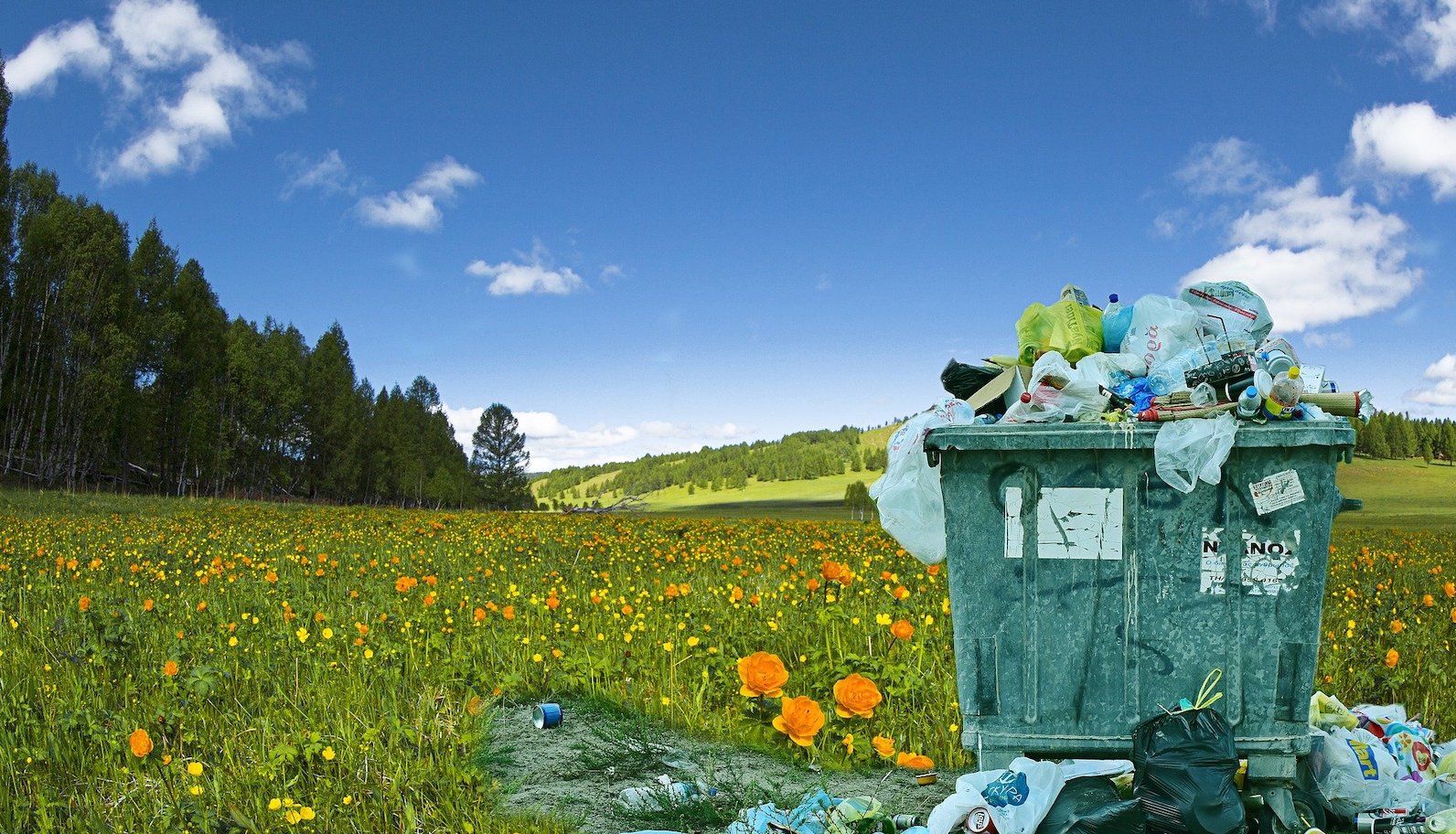
8 ways you can be a smart consumer and also be kind to the environment
In recognition of Earth Day, here are some ways you can cut back on what you throw away and, in many cases, save money and protect yourself at the same time

In recognition of Earth Day, we’re offering eight quick ways you can be a smart consumer and also be kind to the environment.
1. Switch to electronic statements with your banks, credit cards, utilities, etc.
Paper statements may not arrive on time, they may compromise your privacy if they’re delivered to someone else and you often may end up tossing them (hopefully shredding them). It’s much easier and environmentally friendly to get your statements delivered by email, or get an email that they’re available online to view or download. If you do decide to save them for some period of time, it’s much easier to file them on your computer.
2. When buying items online, check whether the retailer offers an option to buy without all of the packaging. This option is often less expensive and, of course, you don’t have plastic packaging to fight with, and plastic and cardboard to throw away.
3. Consider paying as many bills as possible through your bank’s online bill payment service. In most cases, the payments will be delivered by your bank electronically, so there are no checks to get misplaced, compromised or discarded later.
Bill payment services are free, plus think how much money you’ll save on stamps, which are increasing in price again.
If you think it’s unsecure, consider that sending a check means your personal information, including your account number, passes through at least a half-dozen people before it’s processed.
In addition, you’ll make fewer trips to the post office, which will be good for your gas tank and the environment.
4. Before buying items at garage sales or online (or even some brick and mortar stores), check whether the product is safe. You don’t want to buy a toy that contains toxics, or an electrical product that’s been recalled. You’ll just throw it away. The Consumer Product Safety Commission offers this searchable database https://www.saferproducts.gov/ so you can discover whether a product is safe before you buy it.
5. If you’re filing a tax return or disputing a credit card charge, don’t send paper documents. Paper documents come with the risk of your information being stolen (especially with all of the mail being stolen lately from stand-alone blue postal service boxes) or never getting there at all.
6. If you’re still depositing checks in person at the bank, strongly consider using mobile deposit. If you have your bank’s app on your phone or tablet, you can deposit a check in about one minute. Even if you’re running other errands, how long does it take to go into a bank branch and wait in line? And if you’re making a special trip, how much time and gasoline does that require?
7. Check with your home energy provider for renewable energy options. As an added benefit, it may save you money. There may be subsidies that you can take advantage of that will lower your monthly energy bill.
8. Opt out of junk mail such as prescreened credit and insurance offers. This stuff just ends up in our trash or shredder.
The credit bureaus are allowed to sell our information but we can opt out. There is one official site for this: optoutprescreen.com or call 1-888-5-OPT-OUT. You do have to provide your personal information, including name, address, Social Security number and date of birth. The credit bureaus already have this information and need you to confirm it’s you. Just watch out for imposter sites. Don’t just use a search engine and type in “opt out prescreen.”
There is a catch: The opt out lasts only five years. To opt out permanently, you have to print out your request and mail it in.
If you want to reduce the mail you get that doesn’t start with your credit report, register with the Direct Marketing Association to choose what kinds of unsolicited commercial mail you want. You can opt out online at DMAchoice.org. You’ll have to pay a $2 processing fee, and your registration will last for 10 years. Use a credit card; don’t use a debit card connected to your primary checking account. Or you can mail in your form, along with a $3 fee. (Check or money order.) When you register with this service, your name will be put on a “delete” file and made available to direct-mail marketers and organizations. This will reduce most of your unsolicited mail.
Topics
Authors
Teresa Murray
Consumer Watchdog, U.S. PIRG Education Fund
Teresa directs the Consumer Watchdog office, which looks out for consumers’ health, safety and financial security. Previously, she worked as a journalist covering consumer issues and personal finance for two decades for Ohio’s largest daily newspaper. She received dozens of state and national journalism awards, including Best Columnist in Ohio, a National Headliner Award for coverage of the 2008-09 financial crisis, and a journalism public service award for exposing improper billing practices by Verizon that affected 15 million customers nationwide. Teresa and her husband live in Greater Cleveland and have two sons. She enjoys biking, house projects and music, and serves on her church missions team and stewardship board.
Find Out More

Apple AirPods are designed to die: Here’s what you should know

New report reveals widespread presence of plastic chemicals in our food

Consumers call on Meta to protect kids’ safety in Quest virtual reality

